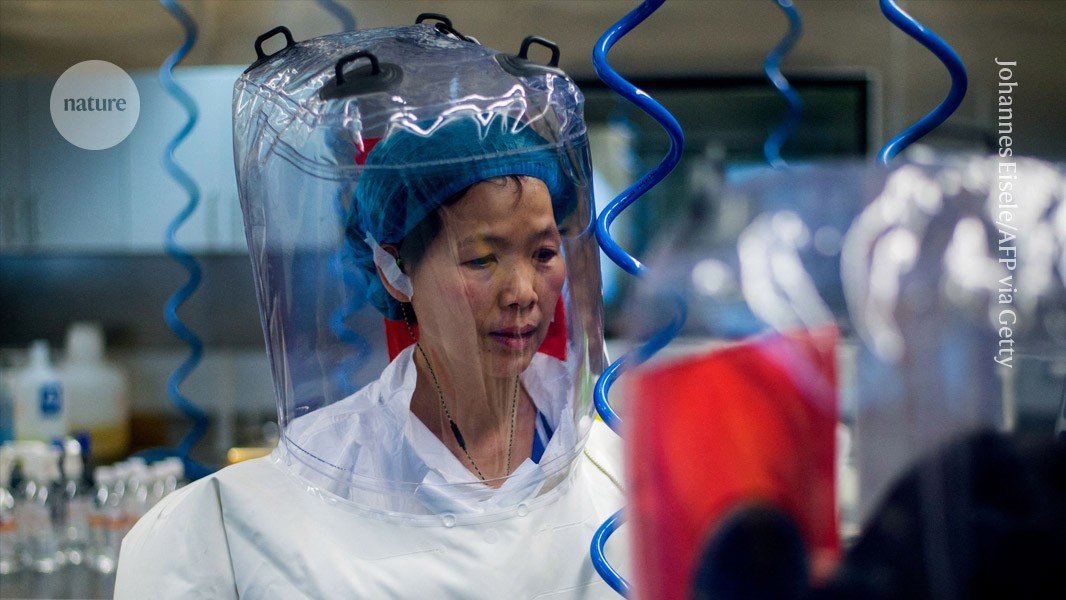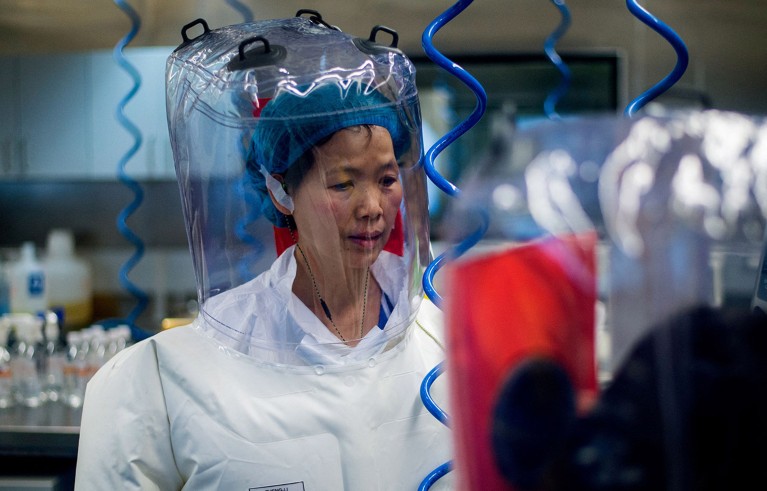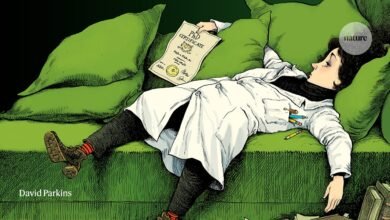

Chinese virologist Shi Zhengli has presented evidence that her lab has not worked with close relatives of SARS-CoV-2.Credit: Johannes Eisele/AFP via Getty
After years of rumours that the virus that causes COVID-19 escaped from a laboratory in China, the virologist at the centre of the claims has presented data on dozens of new coronaviruses collected from bats in southern China. At a conference in Japan this week, Shi Zhengli, a specialist on bat coronaviruses, reported that none of the viruses stored in her freezers are the most recent ancestors of the virus SARS-CoV-2.
Shi was leading coronavirus research at the Wuhan Institute of Virology (WIV), a high-level biosafety laboratory, when the first cases of COVID-19 were reported in that city. Soon afterwards, theories emerged that the virus had leaked — either by accident or deliberately — from the WIV.
Shi has consistently said that SARS-CoV-2 was never seen or studied in her lab. But some commentators have continued to ask whether one of the many bat coronaviruses her team collected in southern China over decades was closely related to it. Shi promised to sequence the genomes of the coronaviruses and release the data.
The latest analysis, which has not been peer reviewed, includes data from the whole genomes of 56 new betacoronaviruses, the broad group to which SARS-CoV-2 belongs, as well as some partial sequences. All the viruses were collected between 2004 and 2021.
“We didn’t find any new sequences which are more closely related to SARS-CoV-1 and SARS-CoV-2,” said Shi, in a pre-recorded presentation at the conference, Preparing for the Next Pandemic: Evolution, Pathogenesis and Virology of Coronaviruses, in Awaji, Japan, on 4 December. Earlier this year, Shi moved from the WIV to the Guangzhou Laboratory, a newly established national research institute for infectious diseases.
The results support her assertion that the WIV lab did not have any bat-derived sequences from viruses that were more closely related to SARS-CoV-2 than were any already described in scientific papers, says Jonathan Pekar, an evolutionary biologist at the University of Edinburgh, UK. “This just validates what she was saying: that she did not have anything extremely closely related, as we’ve seen in the years since,” he says.
Source link







